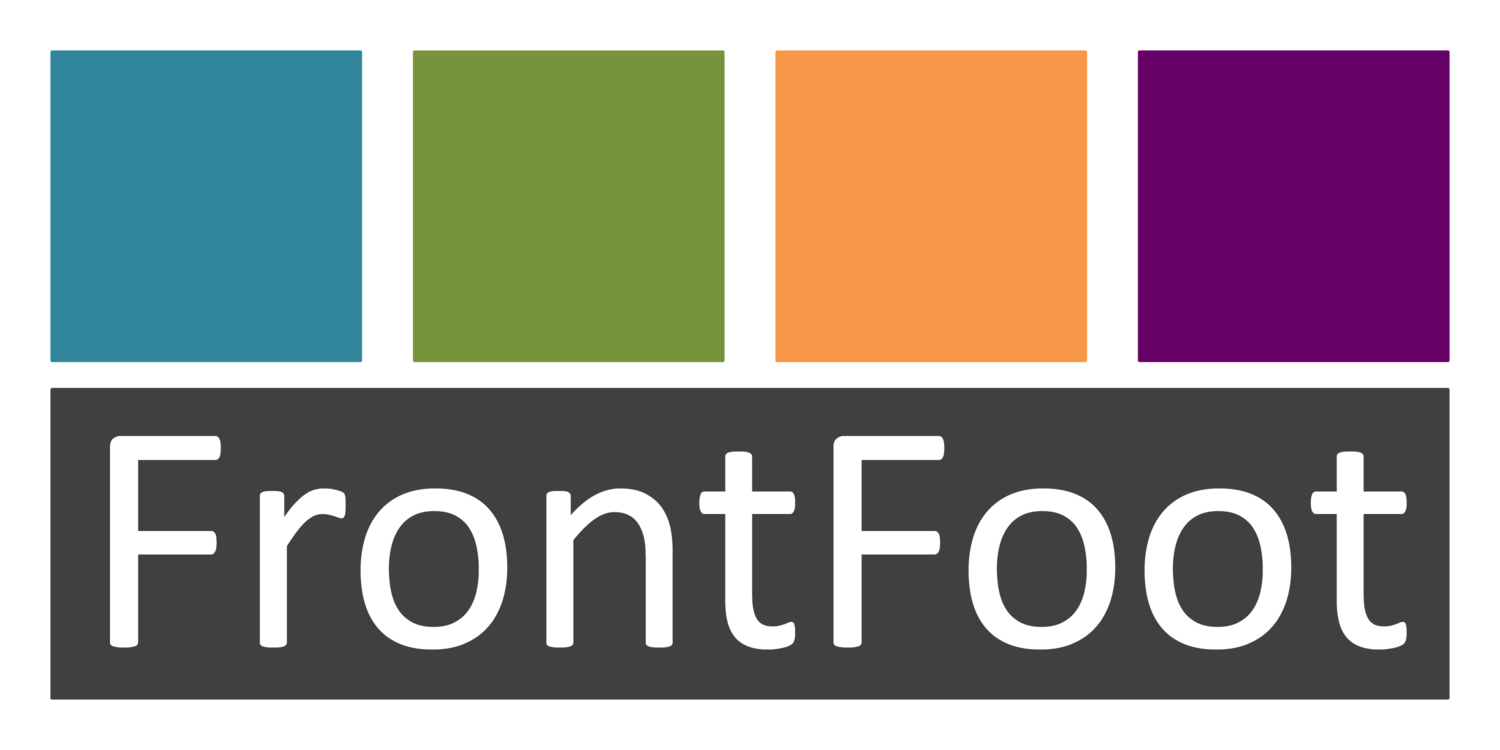
The relational security
facilitator
programme
The role of the Relational Security Facilitator is to support ward and service teams improve practice and patient care in a thoughtful, practical, and meaningful way. Using a range of resources from the See Think Act Framework facilitators help staff at all levels improve their relational safety skills, support the delivery of better outcomes for patients, and focus in on improving clinical effectiveness.
For services that want to ensure training and development is sustained into the future, and are able to identify staff with the right competencies for the role, the relational security facilitator programme is an ideal approach.
The programme includes:
Support to identify and enlist suitable internal candidates for the role of facilitator
5 day facilitator development programme
Service-wide permanent access to the relational security facilitator e-resources
Permanent access to the relational security facilitator guidance web page for participants
Further facilitator support, development, and mentorship.
The facilitator training programme is usually delivered in person over five consecutive days by a senior facilitator. We run virtual half-day sessions with our international partners. Take a look below for an outline of the five day programme:
About the relational security facilitator programme

